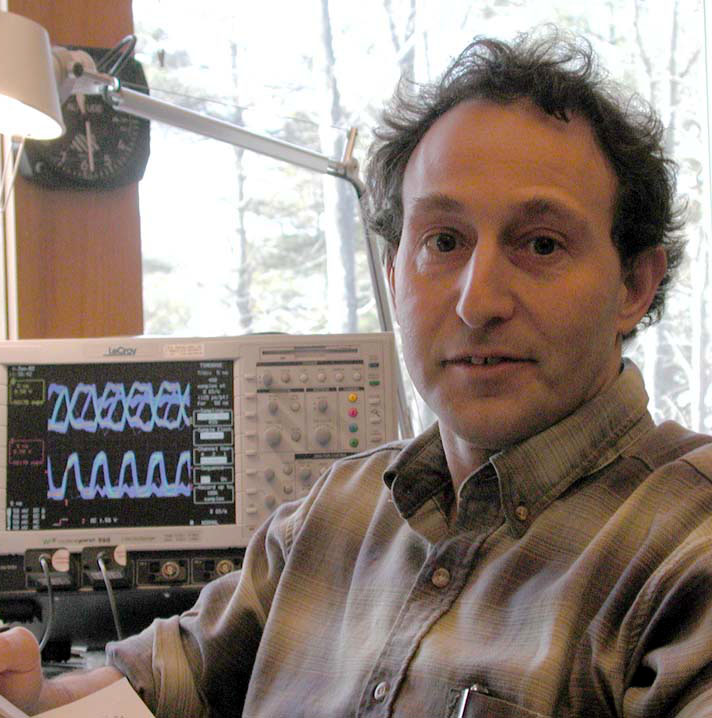Atomic Rules has been providing Field Programmable Gate Array (FPGA) design services and interconnection network solutions since 2008. In April, they joined The Linux Foundation to further their commitment to open source and to support and participate in the DPDK project, which provides a programming framework that enables faster development of high-speed data packet networking applications.
Additionally, Atomic Rules recently released Arkville, a DPDK-aware tool that provides a high-throughput connection, or conduit, between FPGA hardware and GPP (general purpose processor) software. According to the company, Arkville was designed with the specific goal of accelerating and empowering DPDK.
In this interview, Shep Siegel, founder of Atomic Rules, provides more information about the company’s products and services.
Linux.com: What does Atomic Rules do?
Shep Siegel: Atomic Rules have been providing FPGA design services since 2008. We’re experts in reconfigurable computing with FPGAs and provide our clients with effective solutions to problems involving interconnection networks and reconfigurable computing. Our practice employs scalable, rule-based methods to tackle complex concurrency among heterogeneous processors.

How and why do you use Linux and open source?
Siegel: Linux and open source democratize the development process through API, ABI, and Interface standardization. We love the idea of common, open interfaces where everyone can then compete on quality of implementation.
Why did you join The Linux Foundation and the DPDK project?
Siegel: The Linux Foundation amplifies the openness and legitimacy of over a decade of DPDK development. By becoming a Linux Foundation member, our contributions will help the community flourish.
What interesting or innovative trends in your industry are you witnessing and what role do Linux and open source play in them?
Siegel: Linux and open source have catalyzed architectural innovation in the form of heterogeneous compute and communication. The frontiers once dividing the main families of processing devices available to systems architects (FPGA, DSP, GPP, etc.) are getting easier to cross, thanks to an expanding ecosystem of communication bridges allowing data movement from one type of processor to another more easily, at faster line rate, and with less latency.
How is your company participating in that innovation?
Siegel: By introducing Arkville, Atomic Rules is enabling Linux DPDK applications that seek acceleration in a software-first fashion to offload server cycles to FPGA gates. This allows project managers to bring their product to market faster and focus on differentiating their product by not having to re-invent a GPP/FPGA packet mover.
How has participating in the Linux and open source communities changed your company?
Siegel: It has reinforced one of our guiding aphorisms, “Interface before Implementation”!
Is there anything else important or upcoming that you’d like to share?
Siegel: Our Arkville launch brings five man-years of DPDK-first, software-first passion to market. If Linux kernel bypass matters to you, and if you are looking for a solution to offload server cycles to FPGA gates, please give it a look and tell us what you think!
Learn more about Linux Foundation corporate membership and see a full list of members at https://www.linuxfoundation.org/members/join.
Read More:
The Companies That Support Linux and Open Source: Pinterest


